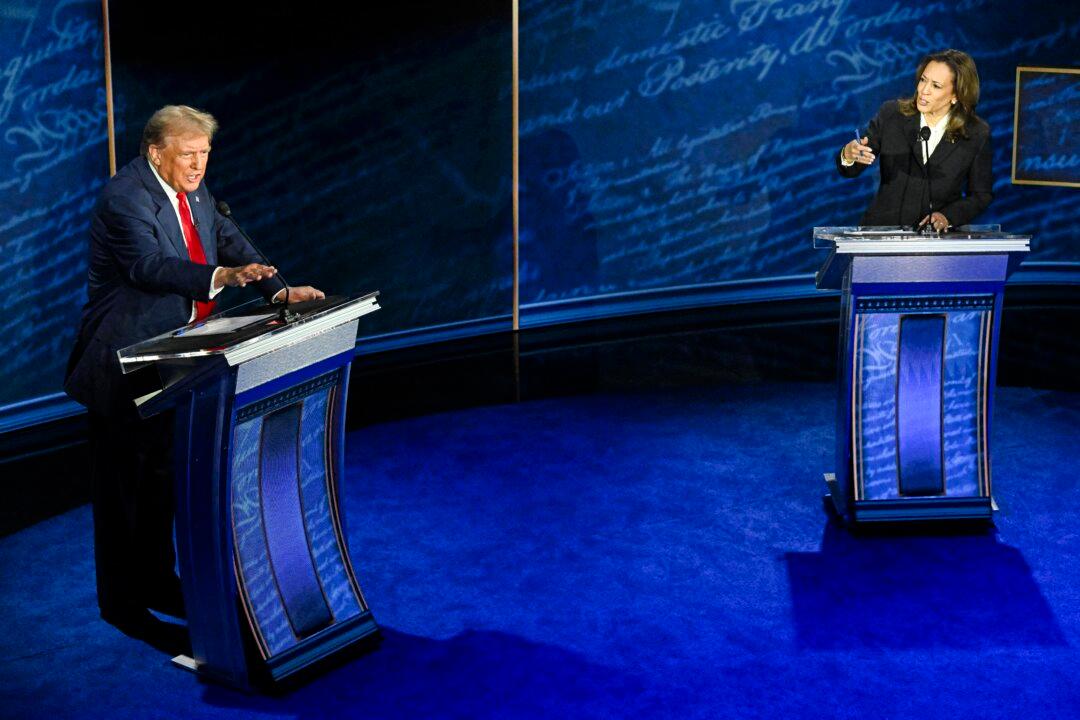Commentary
It appears there will be no more presidential debates before the November election. That announcement has made many people sad. Why? It’s not because people will thereby miss out on an enlightened and truthful discussion of the crucial issues facing the United States or civilization itself. It’s not because voters cannot otherwise access the positions of the candidates.





